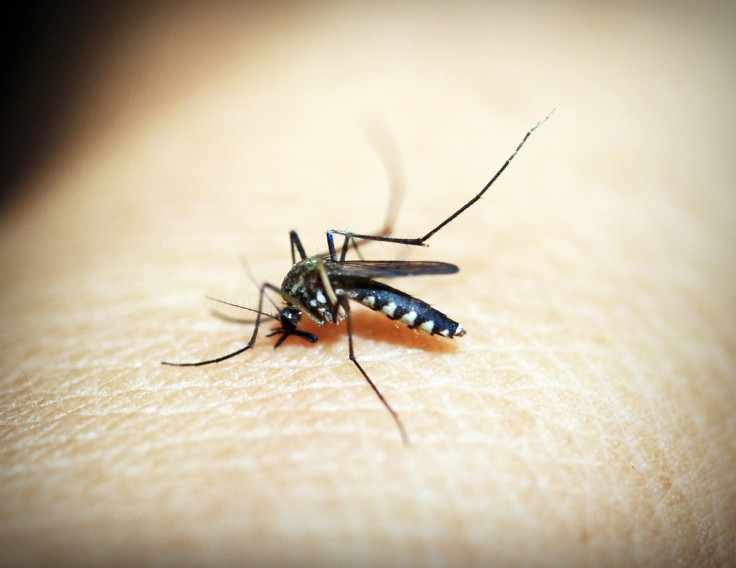Dengue Fever: Millions Infected Worldwide As Rising Temperatures Cause Virus To Flare

Millions of people worldwide, particularly in the regions across the Western Hemisphere, have been infected with dengue fever this year, marking "the most dengue in recorded history."
Around five million cases of dengue fever and 5,500 deaths have been reported across 20 countries in 2023, the highest ever since record-keeping began in 1980. Of these, more than four million cases and 2,000 deaths were reported from the Americas and Caribbean this year, breaking the previous record set in 2019.
"This year is the year we've been seeing the most dengue in recorded history," said Thais dos Santos, adviser on surveillance and control of arboviral diseases with the Pan American Health Organization, the regional office of the World Health Organization in the Americas.
The global cases of dengue have increased by 30% compared to last year and by 18% than 2019.
The surge in cases is linked to rising temperatures and rapid urbanization. Other contributing factors include poor sanitation and a lack of robust health systems. Experts believe that the droughts and floods due to climate change have attracted more mosquitos and caused greater transmission of the virus.
"Vector-borne diseases, especially these diseases that are transmitted by mosquitoes ... provide us a really good sentinel of what is happening with climate change," Santos said.
According to Dr. Gabriela Paz-Bailey, chief of the dengue branch for the U.S. Centers for Disease Control and Prevention (CDC) in Puerto Rico, hotter temperatures have extended the mosquito's habitat. It has also aided in faster growth of virus inside the mosquito, causing higher viral loads and greater transmission of infection.
"These infections are a symptom of some big underlying trends happening in the world. Climate change is seemingly so difficult to address, and so many countries are now becoming urbanized, I can see dengue and the other diseases...becoming increasingly frequent and increasingly complex to deal with," said Dr. Jeremy Farrar, WHO chief scientist.
According to the WHO, dengue affects around 129 countries, putting roughly half of the world's population at risk. The virus that causes dengue fever gets transmitted by infected female Aedes aegypti mosquitoes.
Signs of dengue
The symptoms include headache, nausea, vomiting, fever, rash, muscular pain, swollen glands and pain behind the eyes. Although most people recover from the infection within a week, some people, particularly in case of repeated infections, may develop life-threatening complications. The signs of severe dengue include persistent vomiting, severe stomach pain, bleeding from gums, in urine and under the skin, rapid breathing, and fatigue.
Ways to prevent infection
- Vaccine - The CDC recommends the use of dengue vaccine in children between 9 to 16 years who had a previous dengue infection and live in areas where the infection is common.
- Prevent mosquito bites - To prevent mosquito bites, experts recommend the use of mosquito repellents, screens and protective clothing.
Published by Medicaldaily.com



























